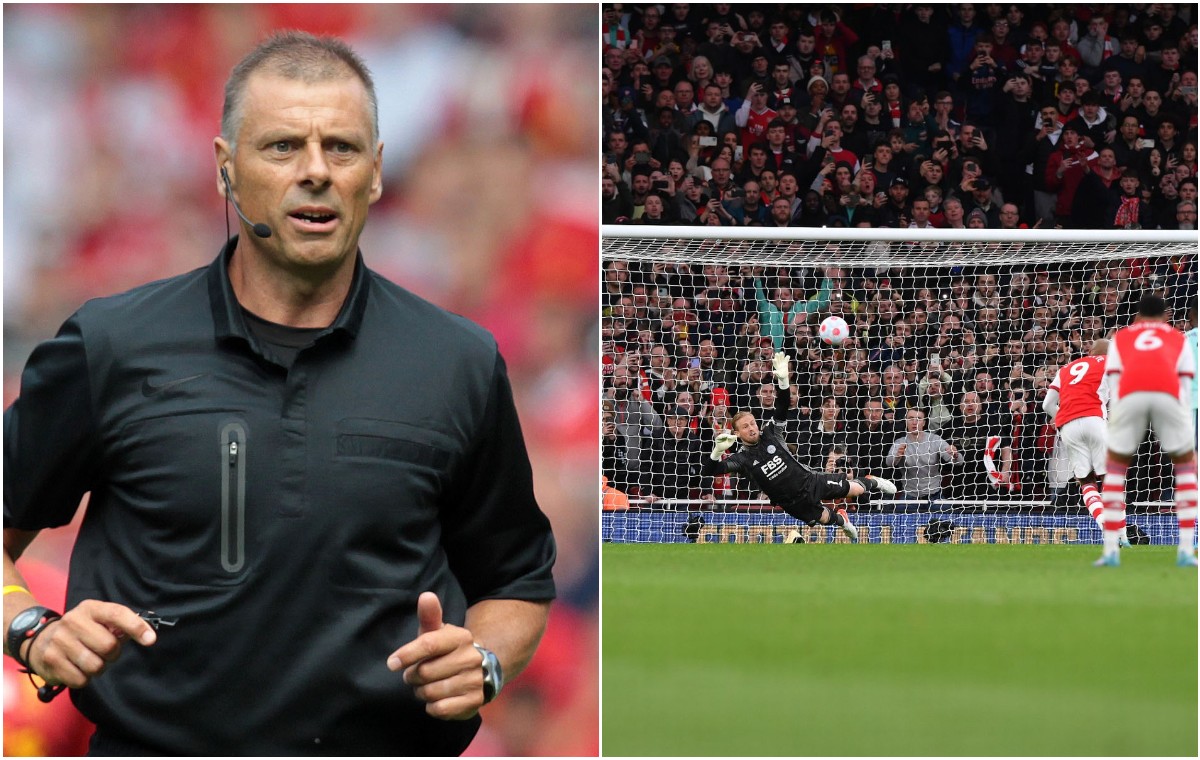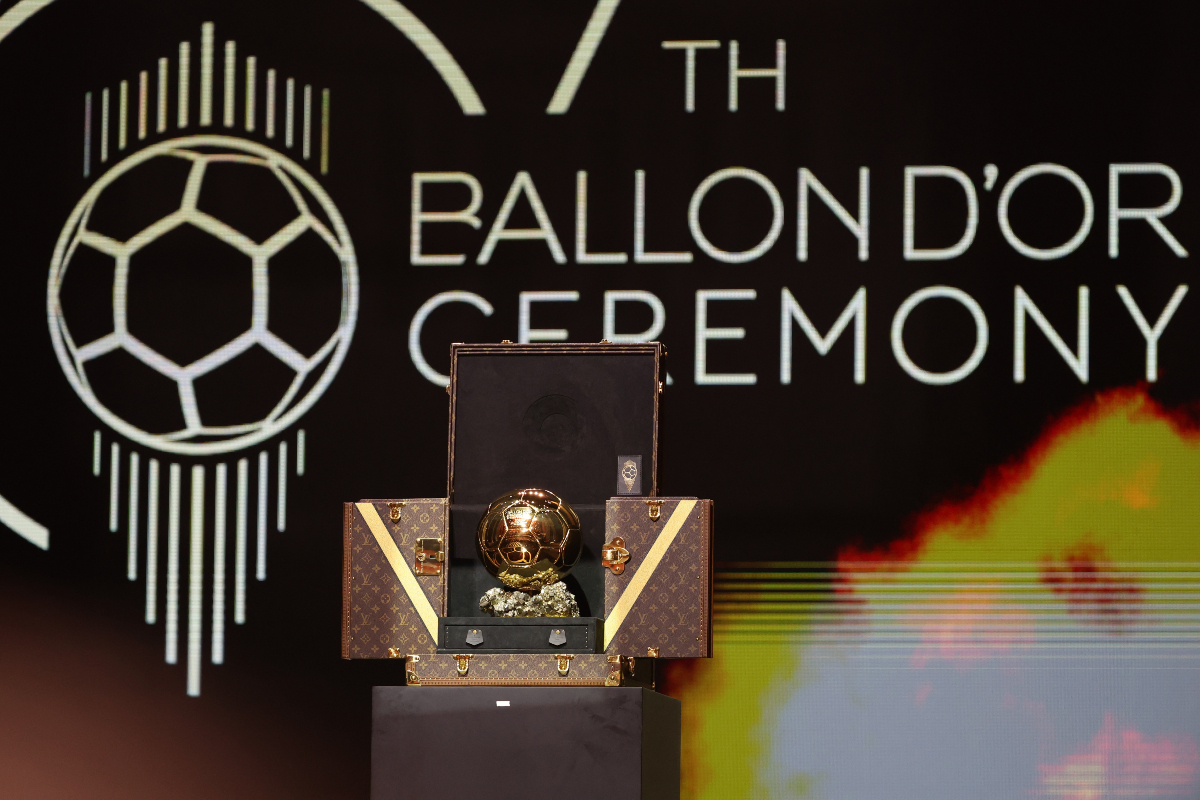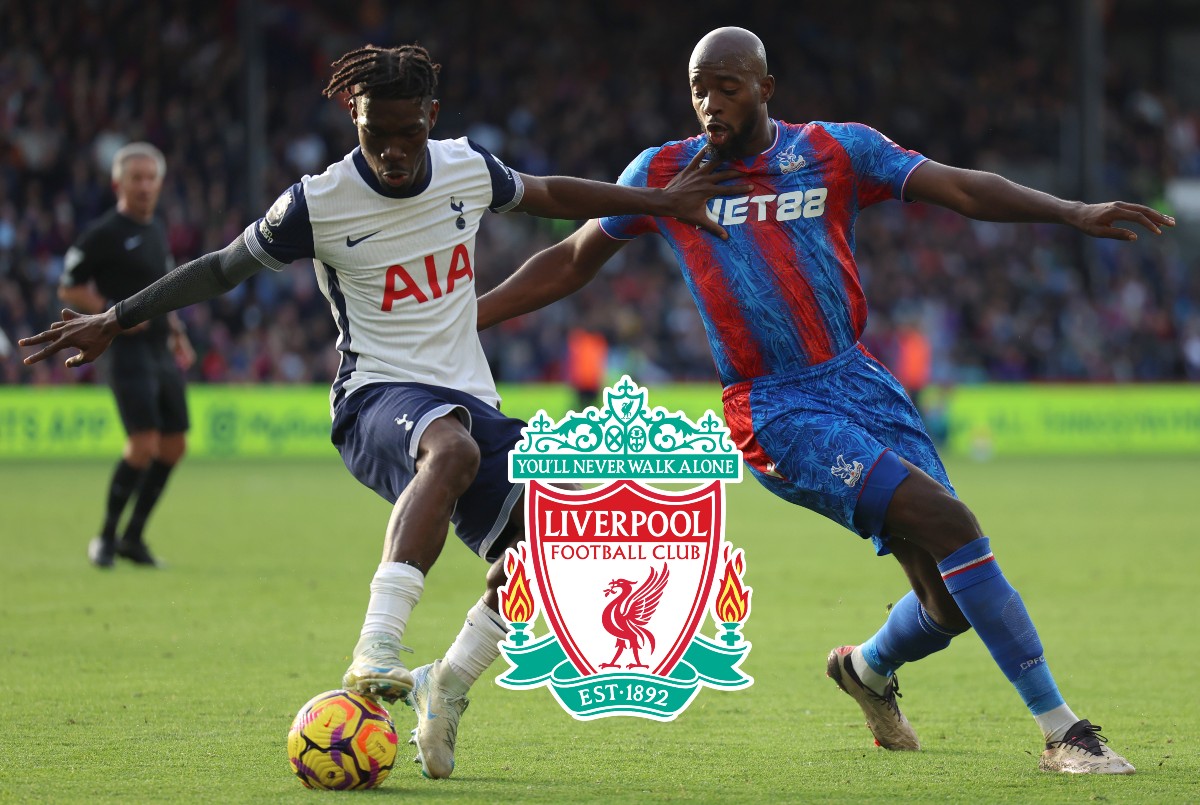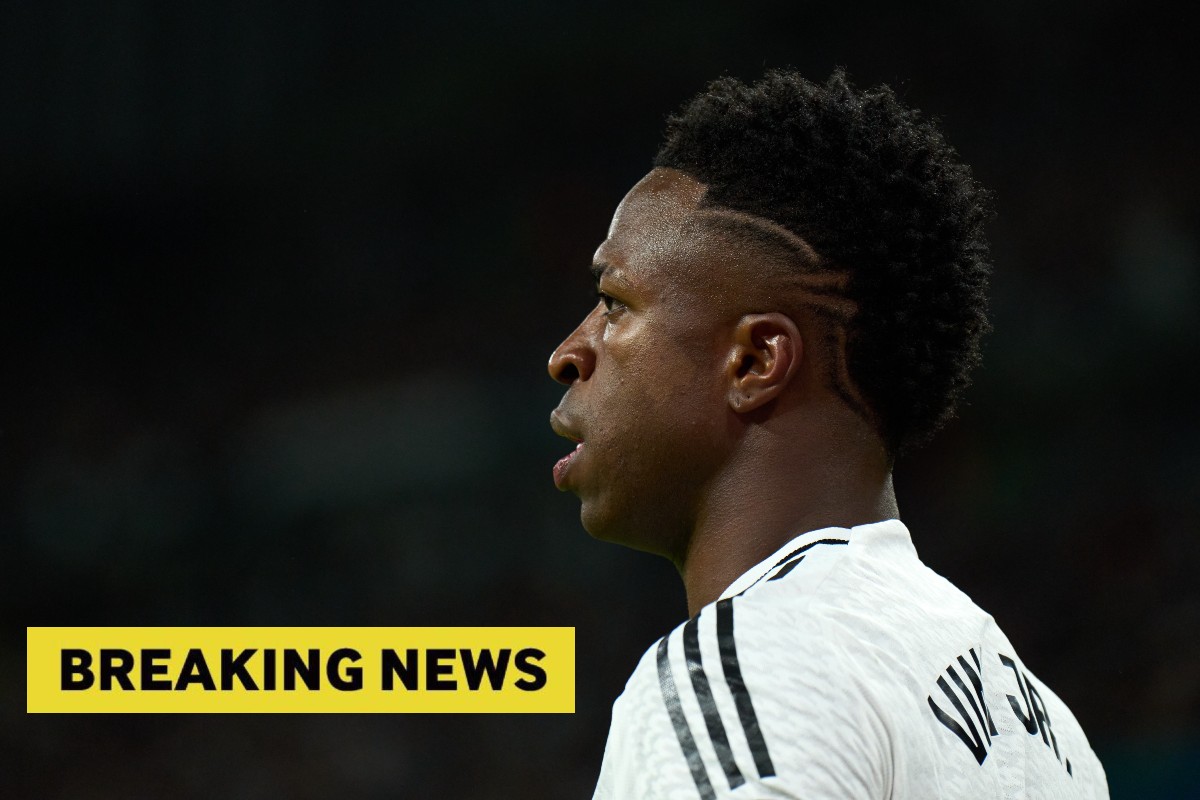Premier League referees training with clubs is not anything new.
I did it for 12 years with Bolton at their Euxton training ground during the majority of their Premier League days between 2001-13.
I would fully back officials to restart this approach because it certainly made me a better referee.
I lived in Bolton so I felt it was common sense to use their facilities and I contacted then manager Sam Allardyce.
He welcomed me with open arms despite the fact I had previously sent off his striker Eidur Gudjohnsen.
I also spoke to former PGMOL manager Keith Hackett and he did not see a problem with the arrangement.
Working and training alongside top-flight players added to my personality as a high-level referee but also improved my relationship with players. Even now I am friends with Kevin Nolan and Kevin Davies.
I would join in with their pre-season programme which helped me get fit. Sometimes I even beat a few of the players in running tests and they weren’t happy!
Then during the season, I would referee any training matches, 11 a-side or smaller sided games.
At the same time, because of my background as a non-league goalkeeper, I would also take part in the drills undertaken by Jussi Jaaskelainen and Kevin Poole which were led by Fred Barber.
Training in that environment also aided my understanding of the game and it became a real benefit for me on a matchday.
Due to my locality to Bolton, I did not referee them in the Premier League. But my experience working with them meant I knew what was coming from top-flight rivals, especially their moans and traits as how they behaved in training was replicated on a matchday.
It definitely helped me in my decision-making understanding elite players and therefore I would have no issue with the likes of Michael Oliver training with Newcastle or Kevin Friend at Leicester.
Yes, there will be conspiracy theorists but they need to be ignored. Once a referee crosses the white line they make a decision based on what is in front of them. No one should ever question a referee’s integrity.
Players could benefit from working more closely with referees
We recently saw Leicester City goalkeeper Kasper Schmeichel complaining about Alexandre Lacazette’s penalty technique during the captains’ meeting with PGMOL.
The Frenchman stuttered in his run-up, leaving Schmeichel fuming with the referee at the time, and he brought it up again later, despite the spot kick being perfectly within the laws of the game.
Feigning in the run-up is permitted. Once you get to the ball, you can’t feign. Feigning once the kicker has completed the run-up, is not permitted, and would be a yellow card.
So the Lacazette penalty was correct, by the laws of the game. I remember watching the penalty and Schmeichel was way off his line anyway! Even if there was feigning, he was off his line as well.
The referee got it right, and we had VAR in place to check these things anyway, but the referee was completely correct in law.
That’s the problem we have quite often with players not knowing the laws of the game. On this occasion, Kasper Schmeichel clearly doesn’t know the laws of the game, or at least doesn’t know Law 14 – the penalty kick.
Maybe referees working more closely with Premier League clubs can prevent these kinds of misunderstandings occurring in the future, as fans don’t want to see games dominated by players and match officials clashing over major decisions, especially when there isn’t really an argument to be had anyway.
Referee could’ve managed England vs Ivory Coast friendly better
These days, there’s not really such thing as a friendly game, but in games like England vs the Ivory Coast, you’d tend to be a bit more lenient with things that go on on the pitch.
The players know it’s not a competitive match, so they might not be playing at full tilt, and referees might also let a few more challenges go, so if we look at the Serge Aurier incident, that first caution technically is a yellow card, but I think perhaps in that moment in time the referee could’ve managed it better. Luke Shaw did something similar, blocking a promising attack, but escaped a caution. I wouldn’t necessarily disagree with that, but there needs to be some consistency, so I think he could’ve managed the first incident with Aurier better, and just given him a warning.
With the second yellow, we don’t know what was said, maybe he used insulting language that offended the referee. It seems like it was enough to warrant a second yellow, but I still think he could’ve managed the first one better.
Looking at the penalty, in real time it looked like a penalty. VAR recommended a review and the referee changed his decision. It looks like that was the right call, and you can’t blame the referee for not spotting the contact with the ball in real time. That’s why VAR is there, and this was an example of it being used well.



